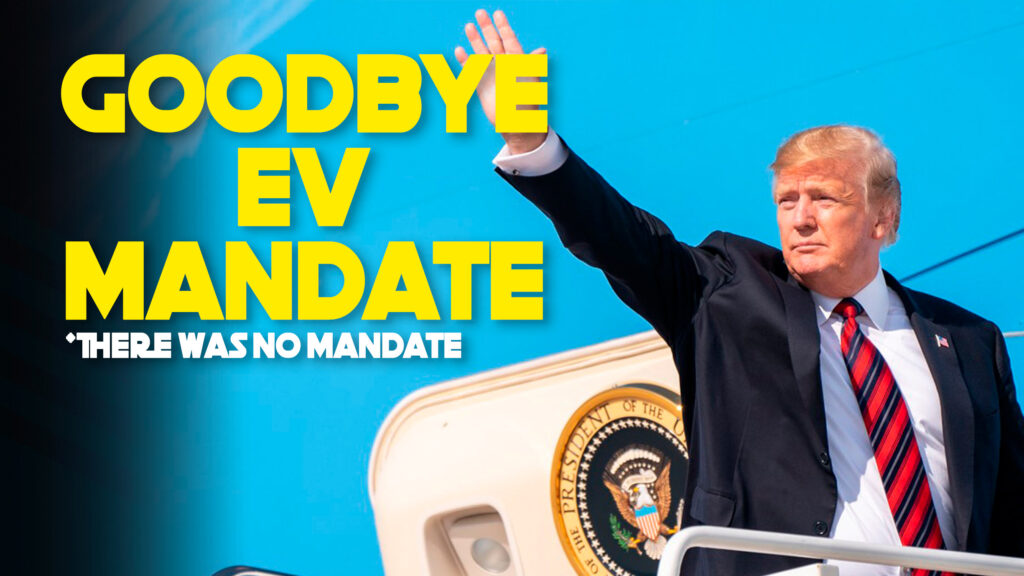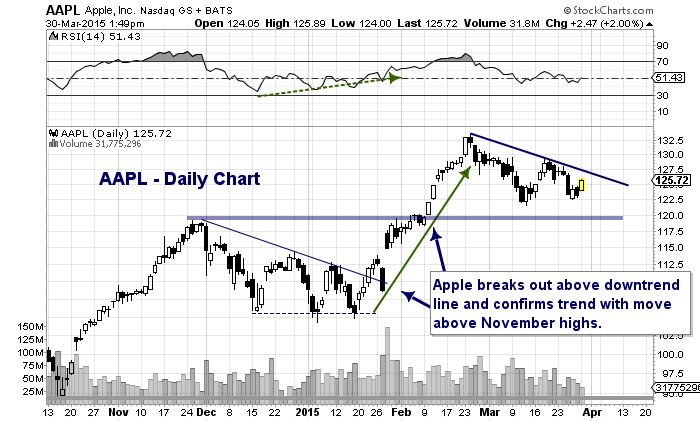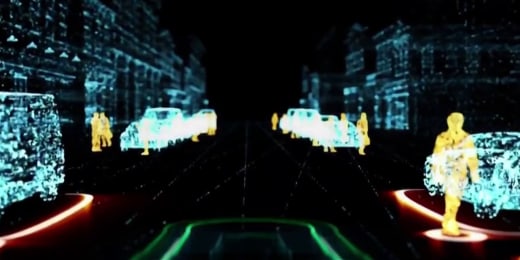EV Mandate Backlash: Car Dealerships Renew Their Fight

Table of Contents
Economic Concerns Fueling the Backlash
The economic burden imposed by EV mandates is a primary driver of the EV mandate backlash. Dealerships face substantial upfront costs to adapt to the new reality of electric vehicle sales. These costs significantly impact their profitability and threaten the viability of smaller, independent dealerships.
- High upfront costs of EV inventory and infrastructure upgrades: EVs often have higher initial purchase prices compared to gasoline-powered vehicles, tying up significant capital. Furthermore, dealerships need to invest heavily in new infrastructure, including specialized charging stations and trained technicians equipped to handle EV repairs and maintenance.
- Lack of consumer demand in certain markets impacting profitability: While EV adoption is growing, it's not uniform across all markets. In regions with limited charging infrastructure or lower consumer awareness, demand for EVs may lag, leaving dealerships with unsold inventory and reduced profitability. This is particularly true for smaller dealerships with limited resources to weather periods of low sales.
- Training requirements for staff on EV sales and servicing: Dealerships must invest in extensive training programs for their sales and service staff to acquire the necessary knowledge and skills to handle the complexities of EVs. This represents a considerable financial and time investment.
- Potential for stranded assets if EV adoption slows: The significant investment in EV infrastructure and inventory carries a substantial risk. If EV adoption slows unexpectedly, dealerships could be left with stranded assets, leading to financial losses.
This economic pressure is disproportionately affecting smaller, independent dealerships, which lack the resources to absorb these costs as easily as larger corporations. The resulting financial strain fuels the EV mandate backlash and raises concerns about the long-term survival of these vital parts of the automotive retail landscape.
Challenges in EV Infrastructure and Consumer Adoption
The EV mandate backlash is also fueled by the considerable challenges inherent in achieving widespread EV adoption. While the environmental benefits of EVs are undeniable, several obstacles hinder their rapid and complete market penetration. These obstacles directly impact dealerships' ability to meet the aggressive targets set by EV mandates.
- Limited charging infrastructure in many regions (range anxiety): The lack of widespread, reliable charging infrastructure remains a major barrier. "Range anxiety," the fear of running out of battery power, is a significant deterrent for potential EV buyers.
- Higher purchase prices of EVs compared to gasoline-powered vehicles: The higher initial cost of EVs makes them inaccessible to many consumers, particularly those on tighter budgets.
- Concerns about battery life and charging times: Concerns about battery degradation, lifespan, and relatively long charging times also contribute to consumer hesitancy.
- Lack of public awareness and education regarding EV benefits: Many consumers remain unaware of the total cost of ownership, government incentives, and environmental benefits of EVs.
These challenges directly translate to concerns for dealerships. If consumer demand doesn't meet the rapid adoption rates mandated by governments, dealerships face significant financial risks. This disparity between mandated targets and market realities is a key aspect of the EV mandate backlash.
The Dealers' Lobbying Efforts and Strategies
Facing the economic and market challenges discussed above, car dealerships are actively engaging in various strategies to oppose or modify the EV mandates. This active resistance constitutes a significant part of the EV mandate backlash.
- Lobbying efforts at the state and federal levels: Dealership associations are actively lobbying policymakers to reconsider the pace and stringency of EV mandates, advocating for more realistic and gradual transitions.
- Public awareness campaigns highlighting the challenges of the mandate: Dealerships are engaging in public relations campaigns to educate consumers and policymakers about the challenges of rapid EV adoption and the potential negative consequences of overly ambitious mandates.
- Collaborating with other industry stakeholders (manufacturers, consumer groups): Dealerships are forging alliances with manufacturers and consumer advocacy groups to create a more unified voice in opposing or modifying the mandates.
- Legal challenges to the mandates in specific jurisdictions: In some cases, dealerships are pursuing legal avenues to challenge the legality or enforceability of EV mandates.
Dealerships are arguing for a more balanced approach that acknowledges the environmental benefits of EVs while also considering the economic realities of the transition. They are emphasizing the importance of market-driven adoption, supported by incentives and infrastructure development, rather than strict, top-down mandates.
The Role of Consumer Choice and Market Forces
Central to the EV mandate backlash is the concern over restricting consumer choice. A balanced approach is crucial, one that recognizes both environmental imperatives and the economic realities faced by consumers and dealerships. A gradual transition, guided by market forces and consumer demand, may prove more sustainable and equitable than strict mandates. Forcing a rapid shift risks alienating consumers and undermining the long-term success of EV adoption.
Conclusion: Navigating the EV Mandate Backlash and the Future of Automotive Retail
The EV mandate backlash highlights the complexities of transitioning to a fully electric automotive sector. Dealerships' economic concerns, coupled with the challenges of achieving widespread EV adoption, underscore the need for a more nuanced and balanced approach. The debate over EV mandates is far from over, with significant implications for the automotive industry and consumers alike. The significant financial burden on dealerships, combined with the challenges of EV infrastructure and consumer acceptance, necessitates a thorough reevaluation of current strategies. Staying informed about the ongoing debate is crucial. Contact your representatives to share your perspective on finding a sustainable and equitable path toward electric vehicle adoption that addresses the concerns raised by the EV mandate backlash.

Featured Posts
-
 Test Porsche Cayenne Gts Coupe Czy Spelnia Oczekiwania
May 25, 2025
Test Porsche Cayenne Gts Coupe Czy Spelnia Oczekiwania
May 25, 2025 -
 Conchita Wursts Esc 2025 Concert Eurovision Village Appearance With Jj
May 25, 2025
Conchita Wursts Esc 2025 Concert Eurovision Village Appearance With Jj
May 25, 2025 -
 Hollywood Star Sean Penn Recent Public Appearances And Controversial Claims
May 25, 2025
Hollywood Star Sean Penn Recent Public Appearances And Controversial Claims
May 25, 2025 -
 Sled Investigating Myrtle Beach Shooting One Fatality Eleven Injuries
May 25, 2025
Sled Investigating Myrtle Beach Shooting One Fatality Eleven Injuries
May 25, 2025 -
 Investing In Apple Aapl Understanding Key Price Levels For Informed Decisions
May 25, 2025
Investing In Apple Aapl Understanding Key Price Levels For Informed Decisions
May 25, 2025
Latest Posts
-
 Canadas Most Wanted Fugitive Dave Turmel Captured In Italy
May 25, 2025
Canadas Most Wanted Fugitive Dave Turmel Captured In Italy
May 25, 2025 -
 Dave Turmel Canadas Most Wanted Arrested In Italy
May 25, 2025
Dave Turmel Canadas Most Wanted Arrested In Italy
May 25, 2025 -
 Hells Angels Adaptability Analyzing The Implications Of The Mandarin Killing
May 25, 2025
Hells Angels Adaptability Analyzing The Implications Of The Mandarin Killing
May 25, 2025 -
 The Mandarin Killing And The Hells Angels A Shift In Criminal Enterprise
May 25, 2025
The Mandarin Killing And The Hells Angels A Shift In Criminal Enterprise
May 25, 2025 -
 Mandarin Killing Incident Sheds Light On Hells Angels Evolving Business Practices
May 25, 2025
Mandarin Killing Incident Sheds Light On Hells Angels Evolving Business Practices
May 25, 2025
